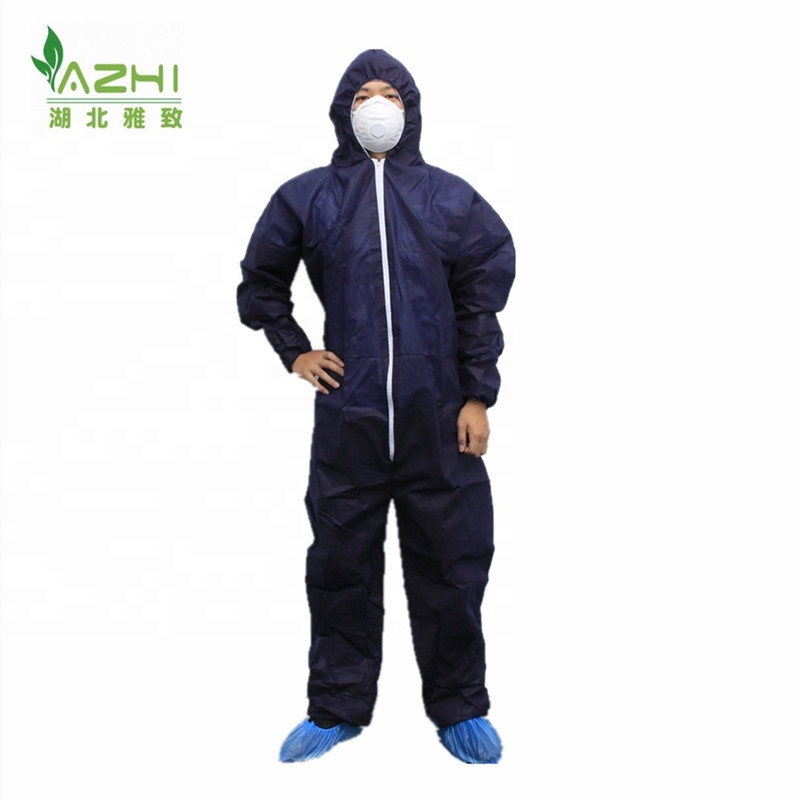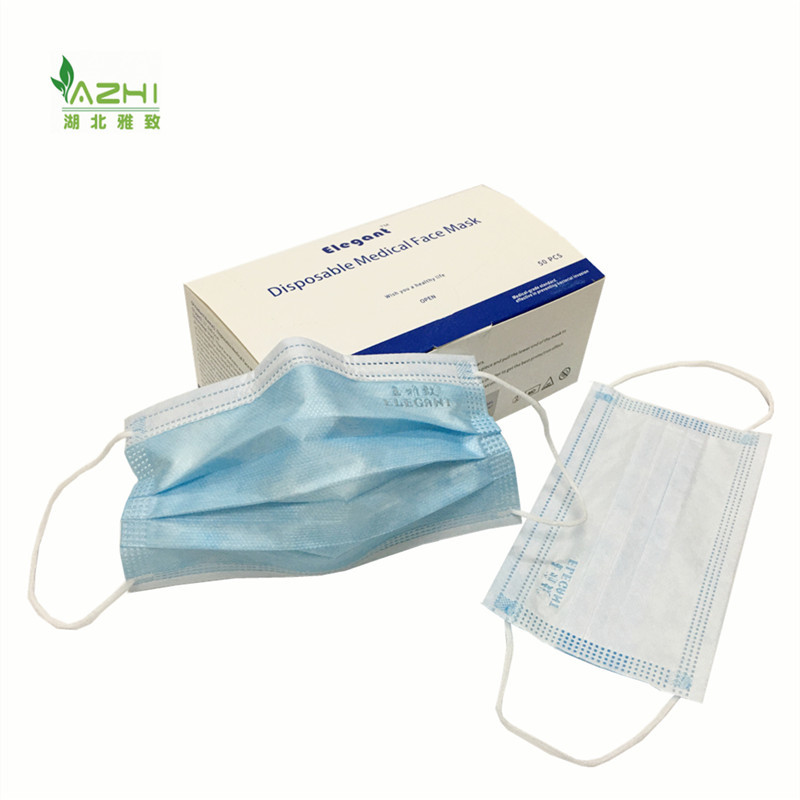News
Understanding the Importance of Protective Masks in Everyday Life
Sep 16,2025
In recent years, the significance of protective masks has surged, and they have become ubiquitous in both personal and professional environments. Originally designed to safeguard against pollutants, allergens, and infectious agents, these masks are now recognized as vital tools in promoting public health. The primary function of protective masks is to filter out harmful particles, preventing them from entering the respiratory system. This attribute makes them indispensable in many settings, including medical facilities, laboratories, and even daily commutes.
There are various types of protective masks available, each designed for specific purposes. The most common are surgical masks, which provide a barrier against large respiratory droplets. They are typically used in healthcare settings but can also be beneficial for individuals who are ill to prevent the spread of germs. Another popular option is the N95 respirator, which offers a higher level of filtration and is designed to fit snugly on the face, effectively filtering out airborne particles, including viruses and bacteria.
In addition to health care, protective masks are essential in industries such as construction, manufacturing, and food processing. Workers in these environments are often exposed to dust, fumes, and other hazardous substances. Using appropriate masks can significantly reduce the risk of respiratory-related illnesses and enhance overall workplace safety. Moreover, with the increasing awareness of environmental pollution, many individuals have begun using protective masks in urban areas to guard against air quality issues.
When selecting a protective mask, it is crucial to consider factors like fit, material, and intended use. A properly fitted mask is more effective at providing protection; hence, understanding how to wear and maintain these masks is essential. Additionally, masks should be disposed of responsibly if they are single-use, as improper disposal can lead to environmental concerns.
In conclusion, protective masks serve a critical role in safeguarding health in various settings, from healthcare to everyday life. Their importance cannot be overstated, especially in light of global health challenges. By understanding the types of masks available and their applications, individuals can make informed choices that enhance their safety and well-being. Whether you are in a professional environment or simply navigating daily life, incorporating protective masks into your routine is a proactive measure to protect yourself and those around you.
There are various types of protective masks available, each designed for specific purposes. The most common are surgical masks, which provide a barrier against large respiratory droplets. They are typically used in healthcare settings but can also be beneficial for individuals who are ill to prevent the spread of germs. Another popular option is the N95 respirator, which offers a higher level of filtration and is designed to fit snugly on the face, effectively filtering out airborne particles, including viruses and bacteria.
In addition to health care, protective masks are essential in industries such as construction, manufacturing, and food processing. Workers in these environments are often exposed to dust, fumes, and other hazardous substances. Using appropriate masks can significantly reduce the risk of respiratory-related illnesses and enhance overall workplace safety. Moreover, with the increasing awareness of environmental pollution, many individuals have begun using protective masks in urban areas to guard against air quality issues.
When selecting a protective mask, it is crucial to consider factors like fit, material, and intended use. A properly fitted mask is more effective at providing protection; hence, understanding how to wear and maintain these masks is essential. Additionally, masks should be disposed of responsibly if they are single-use, as improper disposal can lead to environmental concerns.
In conclusion, protective masks serve a critical role in safeguarding health in various settings, from healthcare to everyday life. Their importance cannot be overstated, especially in light of global health challenges. By understanding the types of masks available and their applications, individuals can make informed choices that enhance their safety and well-being. Whether you are in a professional environment or simply navigating daily life, incorporating protective masks into your routine is a proactive measure to protect yourself and those around you.
Sep 16,2025
Category:
knowledge
Related Information








 English
English English
English Español
Español Português
Português اللغة العربية
اللغة العربية





